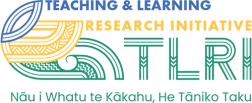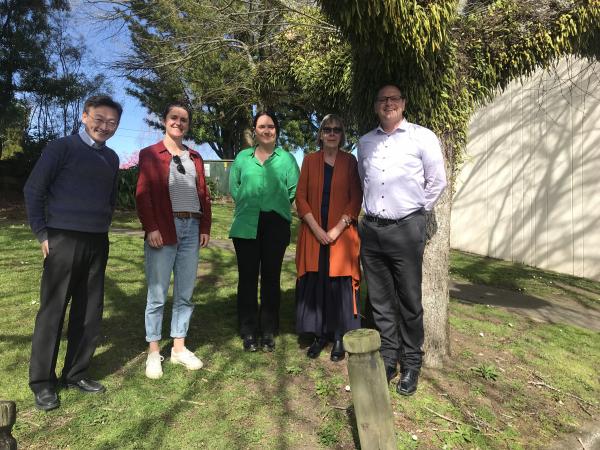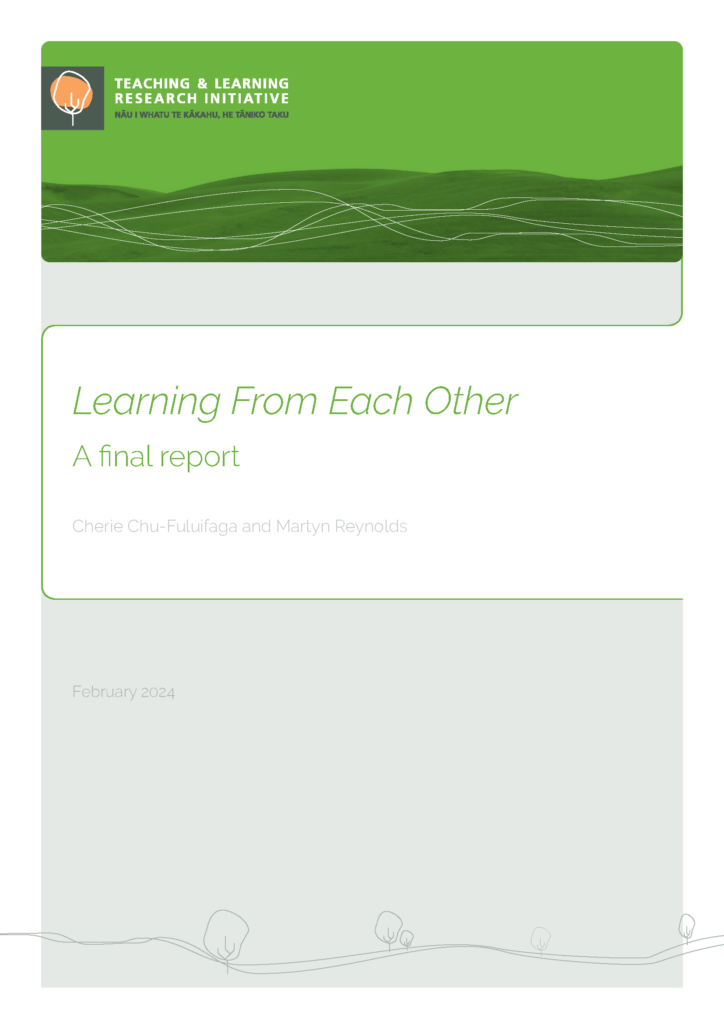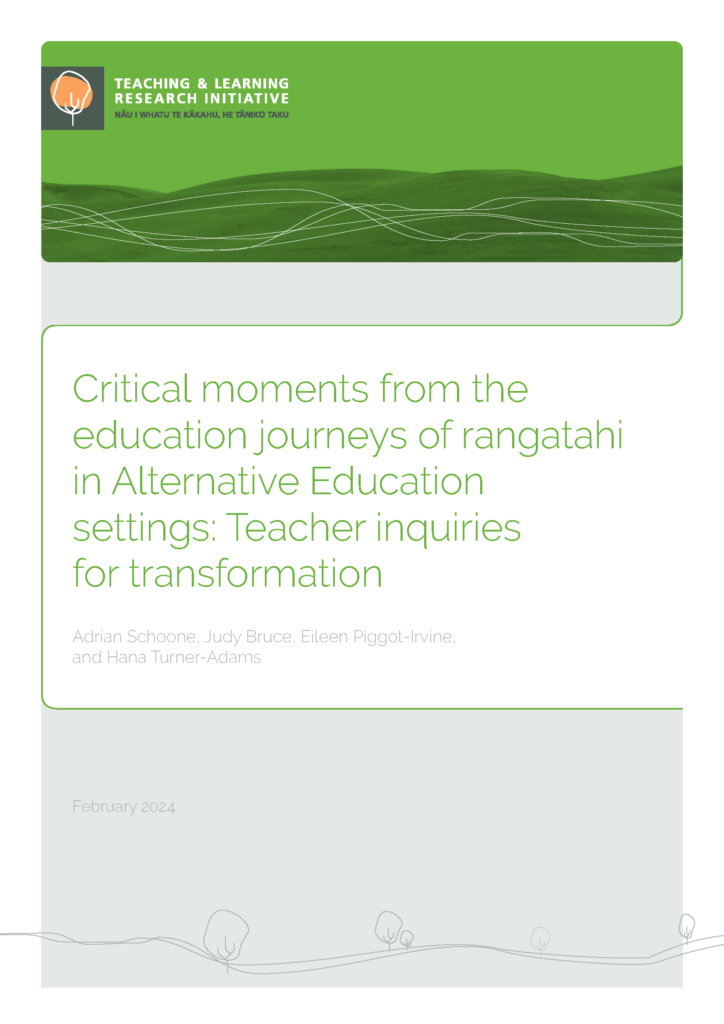We would like to develop primary, intermediate and high school students’ sense of place and science-related possible selves through local curriculum units that focus on plants. We chose plants because, compared with animals, they are often overlooked (hence the phenomenon of ‘plant blindness’), as is their part in realising many sustainable development goals. Our curriculum units will cover biological, personal, social/cultural and political/economic aspects of plants (kūmara, kawakawa and harakeke being examples our teacher partners suggested). Hence, the project harnesses the values of place-based education to foster student learning of science and development of aspirations to participate in science.
Aims
This project has two goals:
- to develop students’ understanding of science concepts and practices through a place-based approach to teaching with a focus on plants
- to foster student ‘possible selves’ that encompass being a citizen who makes active use of science, and in some cases, someone who might become a scientist.
We aim to answer the following research questions:
- What can place-based plant-focused science teaching and learning sequences look like?
- In what ways do the teaching and learning sequences (kūmara, kawakawa and harakeke as examples in this project) help develop students’ botanical sense of place?
- In what ways do the teaching and learning sequences inform student views and assist them to envision science-related possible selves?
As for the project team, we envisage that we will learn from each other in teaching, learning and conducting research.
Why is this research important?
We bring together primary, intermediate and secondary teachers and students to think about/explore plant-focused place-based science teaching and learning that has an impact on students’ learning and wellbeing. Consistent with the future-oriented focus of the NZ curriculum, the idea of “possible selves” explores how students view themselves in relation to making active and informed use of science. To achieve this, we would foster student confidence, competence and affiliation with science so that they see a place for science in their lives now and in the future.
What we plan to do
- We will hold team meetings to plan the teaching and learning sequence together. In this way, teachers across levels would contribute and learn from each other. In particular, we will be able to see how a particular plant can create learning opportunities for students at different levels.
- Each teacher will conduct two teaching and learning sequences. They will be in Term 2 and Term 3/early Term 4 respectively.
- We will use a diverse range of data: artefacts and recording of our collaborative planning meetings; field notes and artefacts of classroom teaching, including students drawing of their views of plants; simple surveys of sense of place, attitudes towards plants and possible selves.
- The teachers and researchers will analyse the data together. In particular, we plan to have teachers having days-off from their schoolwork when they will work with researchers in making sense of the data.





